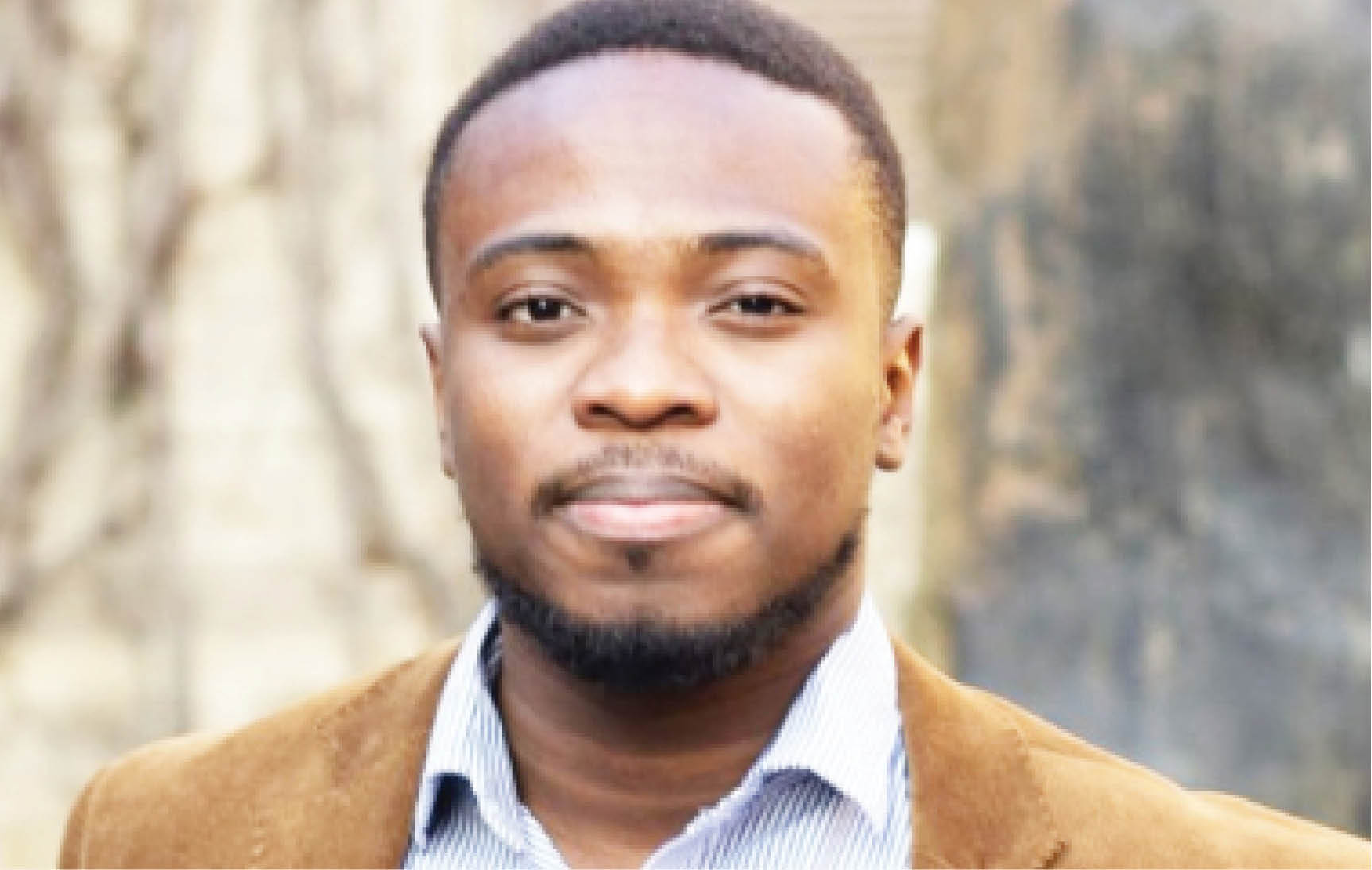‘Why there can’t be enough literary platforms’
Allwell Uwazuruike is a co-founder of Afritondo, an online media and publishing platform. A lawyer and writer, he is also a lecturer at the University of Central Lancashire, United Kingdom. Here, he talks about co-founding Afritondo, African literature and more. Excerpts: What was the major trigger for the establishment of Afritondo? My brother and […]

Allwell Uwazuruike
Allwell Uwazuruike is a co-founder of Afritondo, an online media and publishing platform. A lawyer and writer, he is also a lecturer at the University of Central Lancashire, United Kingdom. Here, he talks about co-founding Afritondo, African literature and more. Excerpts:
What was the major trigger for the establishment of Afritondo?
My brother and I had always tinkered with the idea of creating an online platform for telling and sharing African stories. But, for some time, it remained one of many projects we wanted to embark on without actually doing so. Then, sometime in late 2018, I sought to publish an opinion piece on an online platform that I thought was suited for it but couldn’t convince the editor that the topic was important enough. Incidentally, the piece was an offshoot of a presentation that I was billed to deliver at an international conference in Botswana. The academic paper I had written had also been accepted for publication as a book chapter. At the time, I couldn’t really think of an online platform that was dedicated to publishing opinion pieces of topical political issues in Africa. I’m not saying there were none, but I just couldn’t think of one. It was then that I recalled this plan of establishing an online website for African stories. So, I went to my brother and told him, ‘the time is now’.
To what extent would you say the objectives for which it was created have been met?
We are young, barely over a year. In terms of meeting our objectives, I would say that the results are quite encouraging. We have received hundreds of enquiries and submissions from established and upcoming writers alike seeking to share their stories on our platform. We also successfully ran a short story competition. We will publish the stories as an anthology in furtherance of the aim of telling and sharing African and black minority stories.

What does it take to run Afritondo?
It takes time and commitment, as well as the support of people with whom we have a shared goal and vision. For instance, we received some support in organising and running the short story competition. Projects, such as this, require the investment of time and resources. As founders, we set aside start-up capital for the initial running of the site and the competition. There is, of course, the recent challenge of COVID-19, but even that has not dampened our spirits.
Afritondo is described as both a media and book publishing outfit. Can you elaborate on this?
I think we wanted to make the point that we are neither limited to online or book publications. We publish stories and articles online, and we also publish books that you can buy in bookshops or on Amazon.
How has the book publishing area fared and what is its greatest challenge?
We are in the process of publishing the short story collection ‘Yellow Means Stay’. The provisional publication date is in August. We are also looking to commission some titles later in the year. The greatest challenge? I think that is yet to come, not like I’m looking forward to it, to be honest.
I will be in a better position to answer if you ask me again sometime in September. For now, I think the big challenge is COVID-19, which has slowed publication. Also, distribution may pose a challenge as we would ideally want everyone to have access to a copy. This means making it available in several parts of the world where the book distribution infrastructure may not be at its most developed. We also have to hope that people like the book. But I’m very optimistic because the stories are brilliant and I believe readers around the world will love them.
You are a law lecturer in the UK. What drew you to literature and how are you able to create balance between these two professions?
I do not think they conflict greatly. In a sense, law is literature. I have also always been a student of literature. I studied it in High School and have always had a peculiar taste for books and the arts in general. So it’s not really hard to balance the two, except, of course, you take my recent laziness and failure to read some of the books lying in my bookcase into consideration.
What is it like being co-editor for Afritondo? How do you view the development of African and Nigerian literature in particular?
It feels great. That way I don’t get to shoulder all the responsibility. On a more serious note, it could get really demanding, especially when you have to vet and approve loads of draft articles for publication. But it’s a burden that I’m happy to bear at the moment. I think African literature is on the rise, especially from the perspective of the global recognition and reach gained by African writers in recent years.
